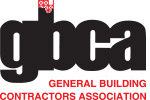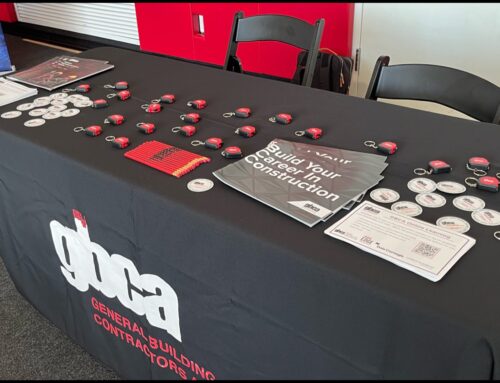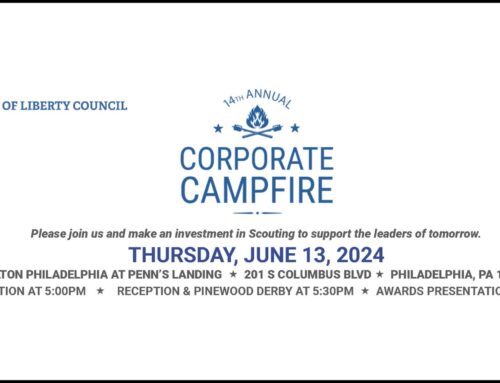This Fatal Facts Toolbox Talk was created in support of OSHA’s Focus Four Training Campaign. OSHA representatives, safety professionals from GBCA member companies, and union representatives from the Building Trades Council of Philadelphia, Pennsylvania & Vicinity met to develop these safety resources to share with the region’s construction industry.
FATAL FACTS describe cases that are representative of employers who failed to identify and correct hazardous working conditions, leading to fatalities at their worksites. This document offers ideas on how to identify and correct these hazards, and to educate workers about safe work practices.
Click below to download the Toolbox Talk as a handout (includes Sign-In Sheet).
Fatal Facts: Electrocution While Working “Hot”
Brief Description of Incident
At a church being refurbished, a 78 year-old male employee was working directly with the owner of the company installing updated overhead light fixtures. The employee was working on the circuits while they were energized by a 120 volts AC supplied from the panel-board. The employee used wire strippers to strip the protective sheathing from the existing wiring. While working on the 14th fixture on the second day on the project, the employee made contact with the energized wiring and was electrocuted.
The company consisted of the owner and one or two employees taken on as needed. The employee involved in the event had been working with the employer for approximately 3 years and routinely performed electrical work. The employer had no written safety and health program and did not implement electrical related safe work practices.
Likely Causes of Incident
The following are likely causal factors: major, unplanned, or unintended contributors of the incident. Eliminating causal factors would have either prevented the incident or reduced its
severity. It can also stop the potential frequency of similar incidents.
- Complacency of the 78 year-old worker. Some older workers may have been trained differently on energized circuits, and have not updated their training.
- Working “hot” (working on an energized circuit) we are assuming he knew he was working “hot”.
- No electrical related safe work practices implemented on jobsite.
Incident Prevention
The following actions could have prevented this incident:
- Never work on an energized circuit.
- Pre-planning-Identify work tasks and safety procedures for the work tasks.
- Test every light fixture, never assume a circuit is off.
- Create stop work policies. Authorize all workers to stop work if they identify a hazard is present in the workplace.
Hazard Prevention and Control
Remember the following to prevent and control the hazards that led to this incident:
- Train electricians to NOT work “hot.” Do NOT work on energized circuits.
- Change mentality of workers to not work on or around energized circuits.
- Train individuals to eliminate the hazard, NOT to work on it or around it.
- Schedule the job to avoid working on energized circuits. Coordinate between the GC/CM and electrical subcontractors to shut down energized circuits.
Can you provide any additional insights or suggestions on how to identify or avoid the hazards in this incident?
- Discuss.
Toolbox Talk Safety Huddle Questions
Consider the following questions about the hazards and available resources on this jobsite:
- What other electrical hazards do you routinely address on your worksites?
- What training do you provide for your employees that pertains to these hazards?
- What types of prevention have you tried at your sites?
- What approaches have worked well in hazard control?
- Has anyone had any recent incident experiences? What went wrong? What was the corrective action?
- What type of training has been provided to your supervisors?
- Is there any tracking of their hazard identification and correction activities?
- Does anyone do plan reviews after the project has started? Do the general plans get modified for site specific activities?
Remember to record the attendees of your toolbox talk!
Access GBCA’s full library of toolbox talks:





